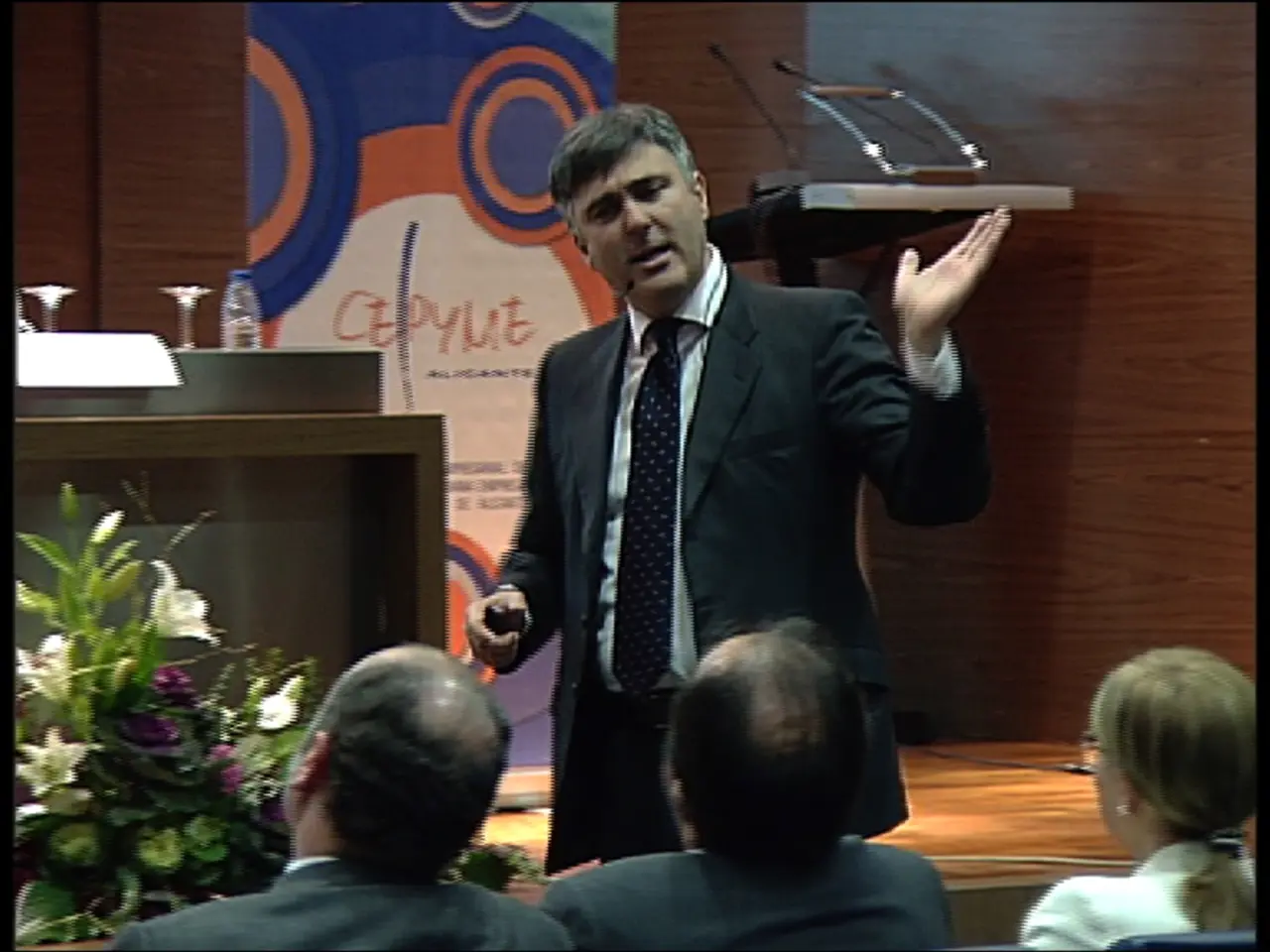"Tarique sends greetings to BNP supporters: 'I'll be seeing you soon'"
The upcoming 13th national parliamentary election in Bangladesh is set to take place in early February 2026, before the start of Ramadan, marking a significant moment in the country's political transition. This schedule was announced by the interim government led by Chief Adviser Muhammad Yunus, following demands for an earlier election date.
The Election Commission (EC) is currently finalising the detailed roadmap for the election, which will include preparations, timelines for candidate nominations, campaign periods, and legal amendments. The EC has also been engaging with civil society, media, and political parties regarding election preparations and potential reforms, including voter registration and expatriate voting rights.
In the political context, the Bangladesh Nationalist Party (BNP), currently led in an acting capacity by Tarique Rahman (self-exiled), has emerged as the largest political force following the dissolution of the Awami League government during the August 2024 July Revolution. Tarique Rahman has announced that BNP will contest the upcoming election as part of a multi-party alliance, distancing itself from some previous controversial allies to project a more liberal and centrist image aimed at civil society and younger voters.
Tarique Rahman, addressing the biennial conference of BNP's Rajshahi Metropolitan unit on 10 August, emphasised the need for BNP leaders and activists to unite to overcome the challenges ahead. He stated that the autocratic regime has been ousted and it is now time to establish people's governance and restore their political rights.
However, specific details on the measures the BNP will take to address the issues with the country's healthcare system or the international court that the party will approach to secure Bangladesh's fair share of water from transboundary rivers were not mentioned by Tarique Rahman. He did criticise the former Awami League government for shaping the country's healthcare system in a way that forced citizens to seek treatment in neighboring countries.
Tarique Rahman also accused the former Awami League government of dismantling the electoral system, breaking the judiciary, destroying the economy, and carrying out mega corruption through so-called mega projects. He did not, however, state the specific mega projects that were involved in mega corruption.
The BNP acting chairman pledged that, if voted to power, the BNP will seek international court intervention to ensure a fair share of water from transboundary rivers. He reiterated that the 13th national parliamentary election, scheduled for before Ramadan in February, will mark the first step towards restoring the people's rights. He emphasised that it is the responsibility of BNP leaders and activists to uphold the people's trust and confidence in the party.
In conclusion, the upcoming national election in Bangladesh presents an opportunity for political change and the restoration of people's rights. The BNP, as the major opposition force, is positioning itself to contest the election as part of a multi-party alliance, aiming to address democratic and governance issues following the political upheaval of 2024. Tarique Rahman's calls for unity and focus on people's rights reflect the party's commitment to a more democratic and accountable government.
The Election Commission's roadmap for the upcoming 13th national parliamentary election in Bangladesh includes discussions on voter registration and expatriate voting rights, which have become general-news topics given the Bangladesh Nationalist Party's (BNP) focus on expanding its voter base. In his speech at the BNP's Rajshahi Metropolitan unit, Tarique Rahman emphasized the importance of BNP leaders and activists uniting to overcome challenges and establish a government that respects people's political rights, further highlighting the political significance of these issues.








